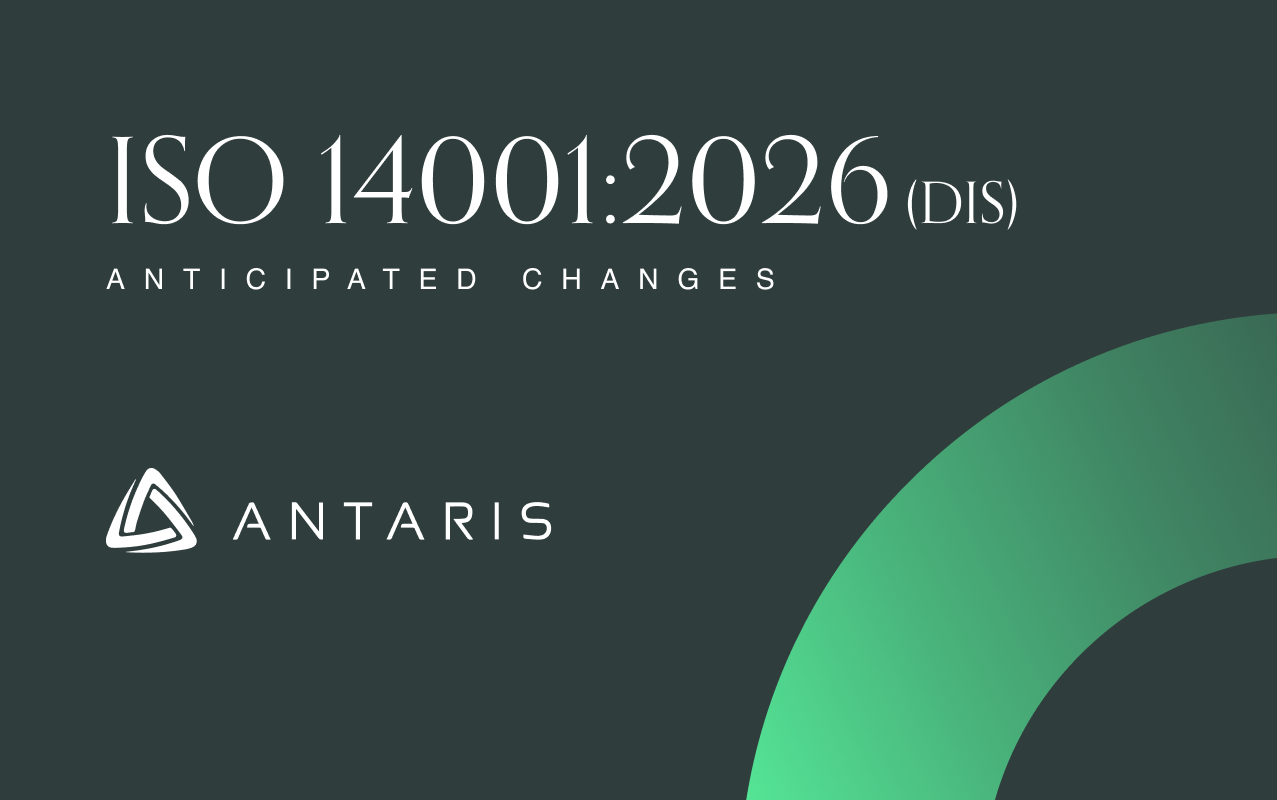In April 2018, ISO published ISO 9004: 2018 Quality management – Quality of an organisation – Guidance to achieve sustained success.
This document was prepared by Technical Committee ISO/TC 176, Quality management and quality assurance, which also developed ISO 9001:2015.
ISO 9004:2018 replaces ISO 9004:2009. The main changes compared to the previous edition are as follows:
- alignment with the concepts and terminology of ISO 9000:2015 and ISO 9001:2015;
- focus on the concept of “quality of an organisation”;
- focus on the concept of “identity of an organisation”.
ISO 9004 provides guidance for organisations to achieve sustained success in a complex, demanding and ever-changing environment, with reference to the quality management principles embedded in ISO 9000:2015.
The seven quality management principles that top management can apply for organisational improvement are as follows:
- Customer focus
- Leadership
- Engagement of people
- Process approach
- Improvement
- Evidence-based decision-making
- Relationship management
ISO 9001:2015 specifies requirements for a quality management system when an organisation:
- Needs to demonstrate its ability to consistently provide products and services that meet customer and applicable statutory and regulatory requirements;
- Aims to enhance customer satisfaction through the effective application of the system, including processes for improvement of the system and the assurance of conformity to customer and applicable statutory and regulatory requirements.
Modern technologies, economic volatility, disruptive competitors and failure to adequately anticipate and prepare for future challenges are regularly cited as causes for the premature demise of organisations. ISO 9004:2018 focuses on providing confidence in the organisation’s ability to achieve sustained success. It assists organisations to identify and balance the needs and expectations of their customers with those of other interested parties in an ever-changing and evolving business environment.
ISO 9004 promotes the systematic improvement of the organisation’s overall performance. It includes the development, implementation, maintenance and improvement of an effective and efficient management system and complements the effort that organisations must expend in order to be certified to ISO 9001. ISO 9004 encourages organisations to go beyond the quality of their products and services and the needs and expectations of their customers. To achieve sustained success, organisations should focus on anticipating and exceeding the needs and expectations of their interested parties, with the purpose of enhancing their overall experience.
The organisation should apply the seven quality management principles enshrined in ISO 9001 to achieved sustained success. Particular attention should be paid to the principles of customer focus and relationship management to meet the differing needs and expectations of interested parties, which sometimes, can differ or change very rapidly.
Factors affecting an organization’s success continually evolve over the years and adapting to these changes is important for sustained success.
Clause 4 of the guidance document states that the quality of the organisation is the degree to which the inherent characteristics of the organisation fulfil the needs and expectations of its customers and other interested parties, in order to achieve sustained success.
Clause 5 identifies three key factors to be considered when determining the context of the organisation as follows:
- Interested parties;
- External issues such as statutory and regulatory requirements, competition, globalisation, social, economic, political and social factors, innovation and advances in technology;
- Internal issues such as size and complexity of the organisation, resources available or lacking, levels of competence and organisational knowledge, maturity and innovation.
The ability to achieve sustained success is enhanced by organisational personnel at all levels comprehending the organization’s evolving context. Improvement and innovation also support sustained success.
Clause 6 states that the identity of the organisation is determined by its characteristics, based on its mission, vision, values and culture.
Clause 7 addresses leadership.
Clause 8 on process management reinforces the thesis that consistent and predictable results are achieved more effectively and efficiently when the network of processes functions as a coherent system.
Clause 9 requires the organisation to determine and manage the resources needed to achieve its objectives.
Clause 10 requires the organisation to establish a systematic approach to the collection, analysis and review of available information. Based on the results, the organisation should use the information to update its understanding of its context, policies, strategy and objectives, while also promoting improvement, learning and innovation activities.
Clause 11 states that improvement, learning and innovation are interdependent and key aspects that contribute to the sustained success of an organisation.
ISO 9004 is specifically not designed for certification, but it promotes self-assessment and annex A contains a self-assessment tool for reviewing the extent to which the organization has adopted the concepts contained in clauses 4 to 11 of the guidance document.
This helps assess the level of maturity of the organisation’s management system, identifies and prioritises potential areas for improvement and/or innovation and determines priorities for subsequent actions. It will help organisations to move to the next level beyond ISO 9001, by addressing topics such as the alignment and deployment of strategy, policy and objectives within the broader context of the organization’s vision, mission, values and culture.
The organisation should use self-assessment to identify improvement and innovation opportunities, set priorities and establish action plans, with the goal of sustained success. The self- assessment identifies strengths and weaknesses, the related risks and opportunities for improvement, the maturity level of the organisation and, if the exercise is repeated, the progress of the organisation over time.
The results of the organisation’s self-assessment can be a valuable input into the management review process. We propose to undertake the self-assessment exercise over the next number of weeks to measure the level of maturity of our quality management system and will update this blog with the results of the exercise.








